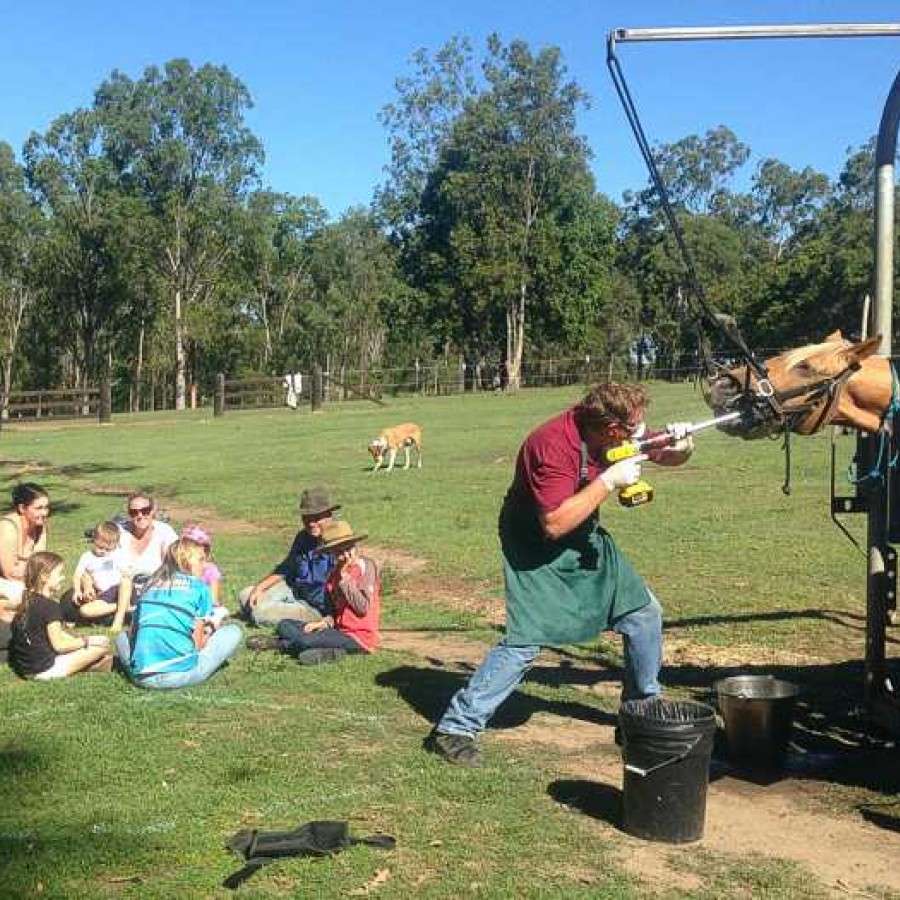

by Gary Wilson
BVSc MVSc MACVSc CMAVA Cert Teach
Adjunct Professor, School of Veterinary Science, University of Queensland
The Veterinary Practice Regulation 2006 (NSW), which commenced on 1 September 2006, provides that certain dental procedures on horses are restricted acts of veterinary science. These include any dental procedure that involves:
- making an incision through the skin or oral mucosa
- extracting a tooth by repulsion
- entry below the gum line
- any other activity to maintain or restore correct dental function.
What does this mean to the horse owner?
First of all, the definition of an equine dentist is: anyone can call him/herself an equine dentist. You do not need any qualifications or training to call yourself an equine dentist.
Under the new legislation in NSW, equine dentists are now only allowed to "float" horse's teeth and remove loose caps (remnants of the baby teeth). Floating is rasping or filing of points on the teeth to prevent them from cutting the cheek or tongue.
However, equine dental care is much more than just floating. It is about the complete dental and oral evaluation and treatment. This includes manually and visually equilibrating the molar and the incisor arcades, the close examination with a dental mirror of the space between the teeth (interdental), the gingival health, checking for the presence of periodontal disease and decay problems that are both painful to the horse and lead to tooth loss.
Periodontics is the branch of dentistry that cares for the health of the tissues and ligaments that surround and support the tooth. Regular floating of your horse's teeth, although necessary, no longer constitutes comprehensive dental care as that technique does not address this area. Periodontal disease is a common condition in the horse and is painful and leads to other problems due to altered chewing actions. Eventually teeth will become loose and may fall out. Before then, though, the disease will affect other body organs such as the liver and kidneys. Treatment is complex but can be undertaken by a veterinarian trained in equine dentistry. Treatment will require heavy sedation or, in some cases, general anaesthesia.
Equine dentists are still not legally allowed to administer anaesthetics or sedatives. Only veterinarians can legally administer such drugs. (Please see "Is Sedation Necessary?")
For a more detailed discussion re the new legislation applying to dentistry in horses, visit The Lay of the Land

